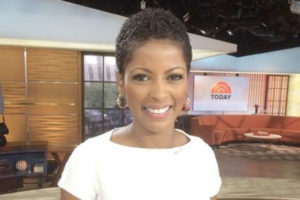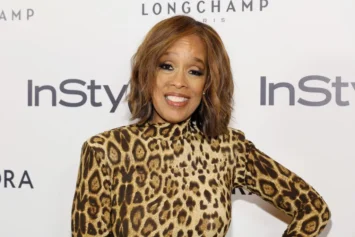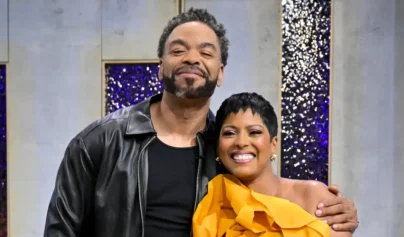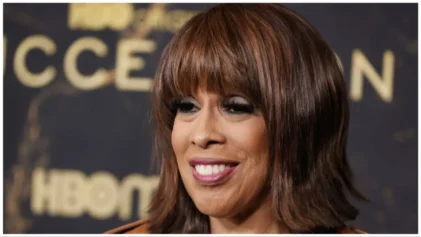
After the unveiling, the news program – in an I-can’t-believe-they’re-actually-doing-this move – polled its audience regarding whether Hall, 43, should stick with her natural look on-air.
Somewhat surprisingly and thankfully – given white America’s well-documented resistance to African-American women who buck conventional beauty ideals – 70 percent of viewers who tweeted in response said that Hall’s tightly curled style was a winner.
For many Black women – even for those for whom unprocessed hair is no longer anything novel – her choice, and the reaction to it, do matter.
Why is that, when it’s 2014 and Black women all over the country have been going natural for years and talking ad nauseam among themselves about whether to go natural, how to go natural and their go-to natural products?
When this approach to hair care is so ubiquitous that it’s been deemed a “revolution,” how is it that this is relevant, when Hall is seemingly so late to the natural-hair game?
Well, because in America, Black hair has been and remains highly political. It has been used as a yardstick, for Blacks and whites alike, to measure beauty, respectability and worth.
Just last week, BuzzFeed released a polarizing yet provocative video, “If Black People Said the Stuff White People Say.” In one of the most poignant scenes, a Black woman with natural hair looks at a white woman in dumbfounded disbelief, saying: “Your hair is amazing. You know it’s kind of like my golden retriever. So limp and lifeless, like, how do you do that?” Thus illustrating an all-too-familiar ignorant line of dialogue that African-American women encounter when engaging with non-Black acquaintances or navigating predominantly white workspaces.
Read more at newpittsburgcourieronline.com


